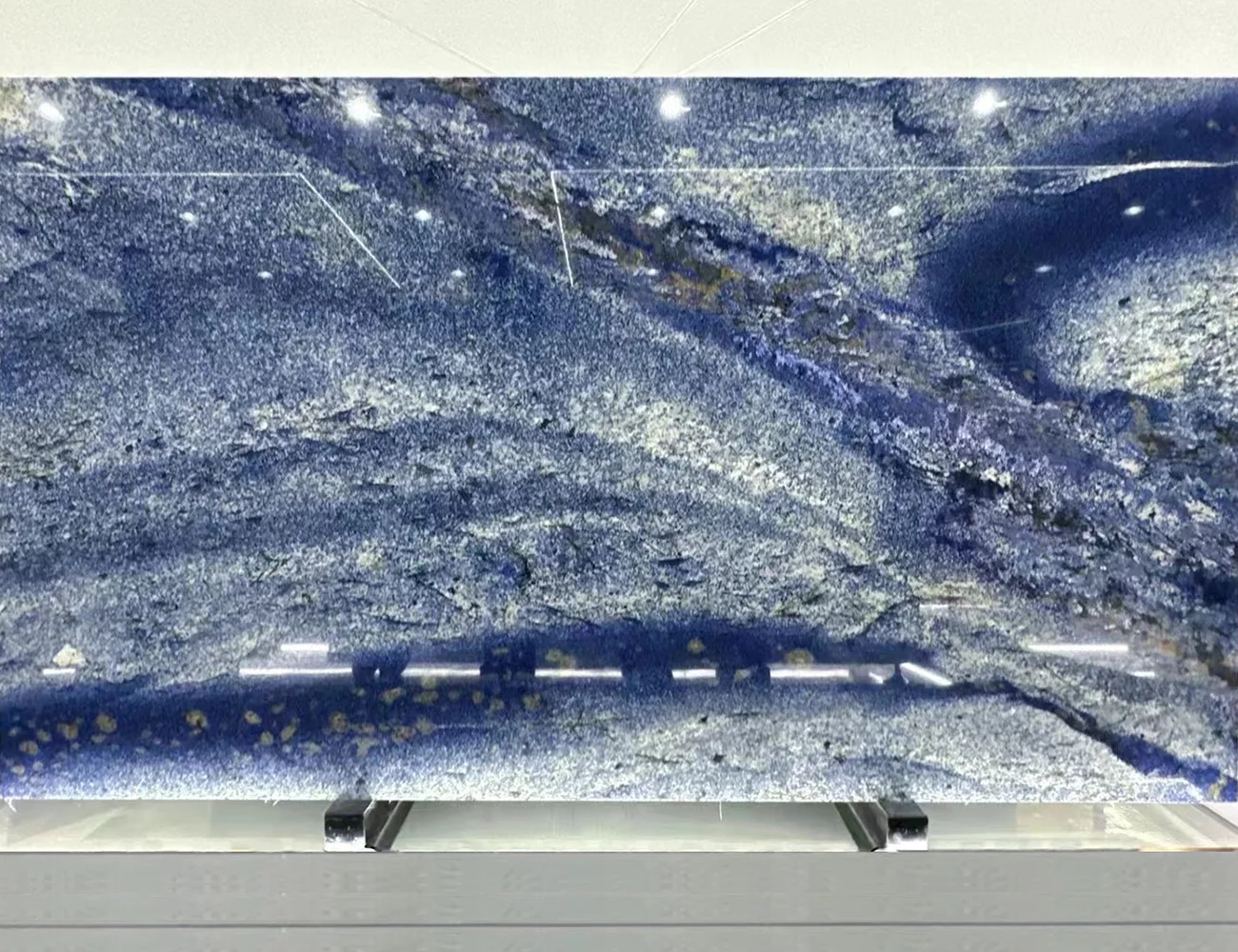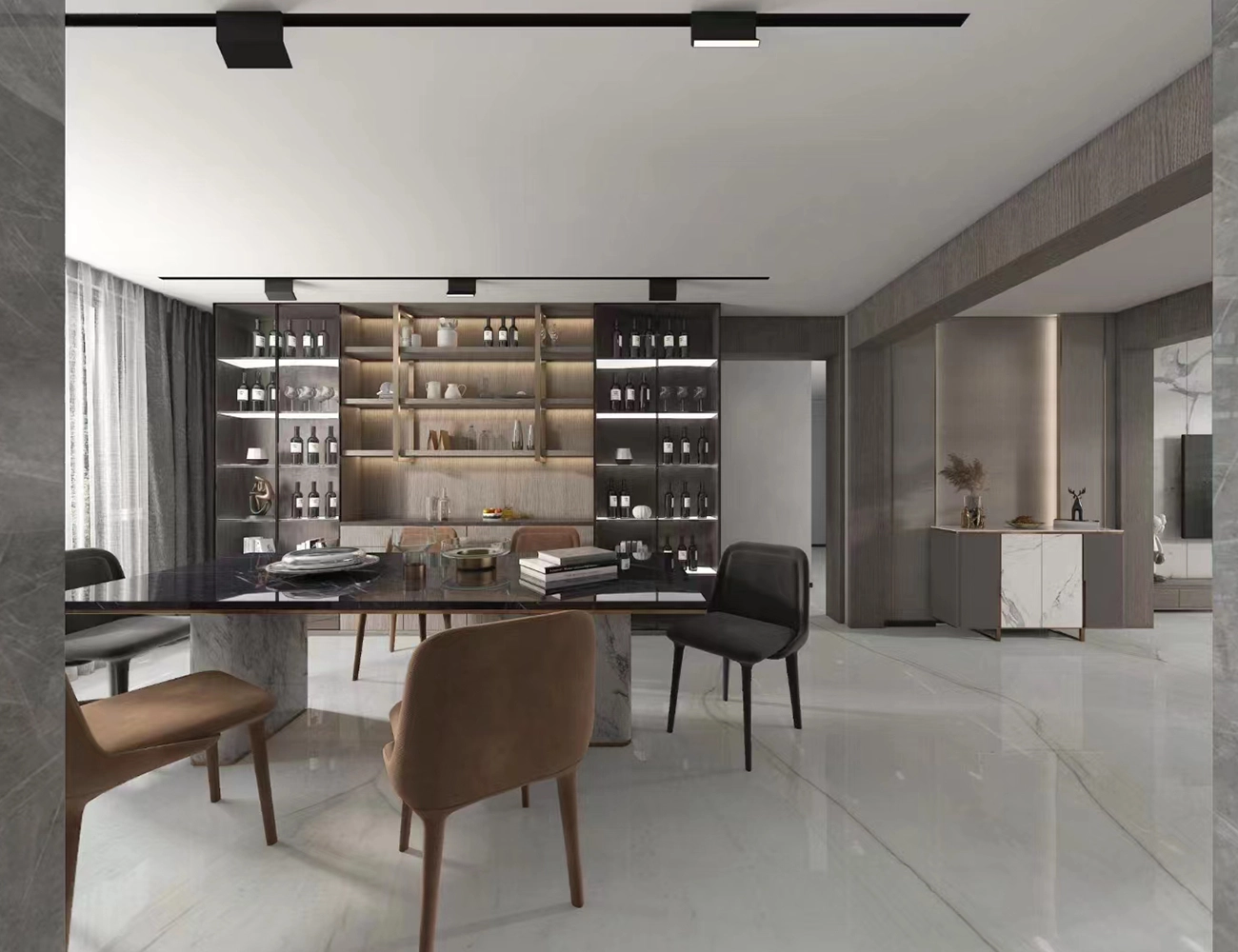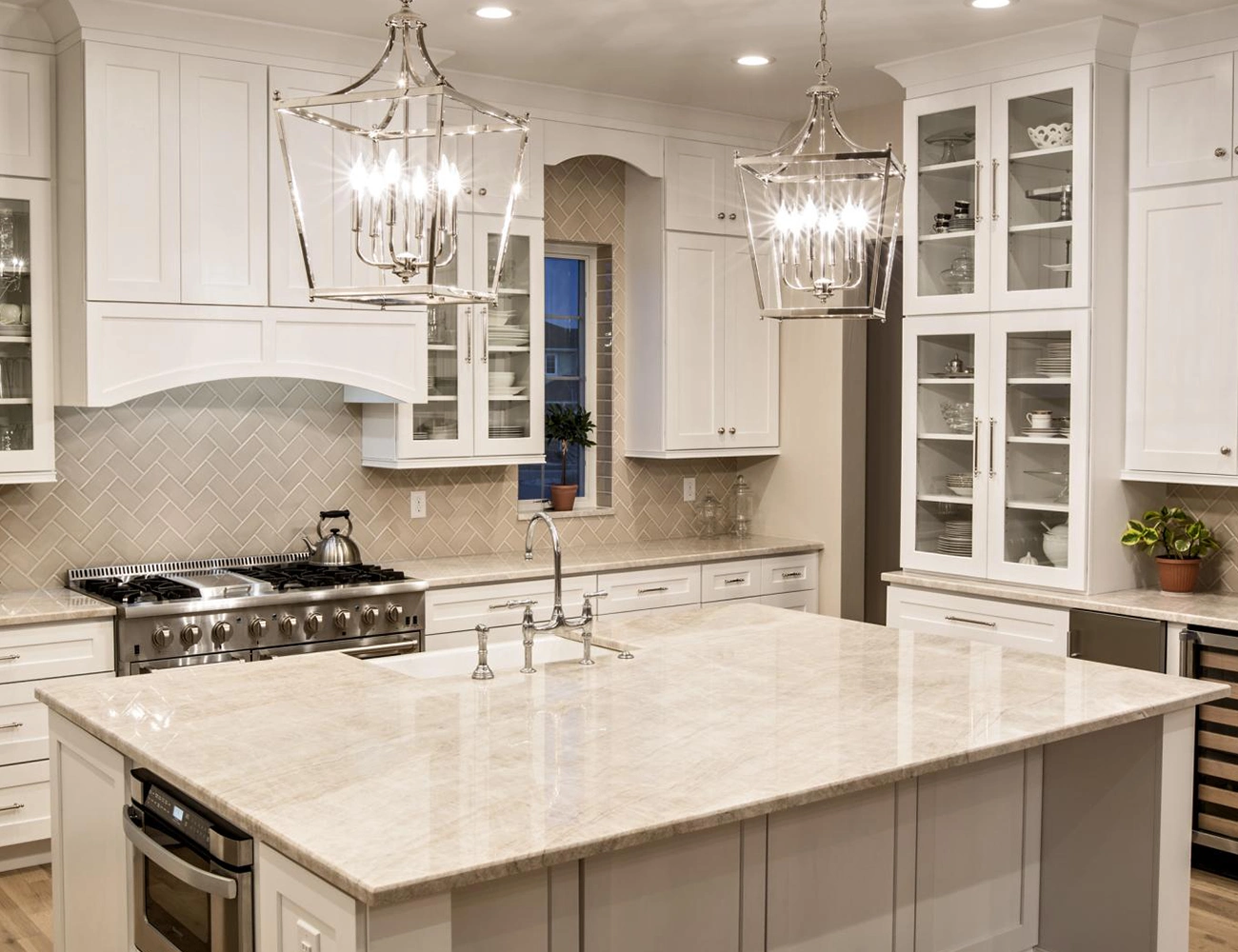When choosing the right material for your kitchen or bathroom countertops, it’s essential to consider both functionality and aesthetics. Quartzite, a natural stone known for its durability and striking beauty, has been gaining popularity as a top contender. But is quartzite the right fit for your space? In this guide, we’ll explore the key features of quartzite, its pros and cons, and whether it’s the ideal choice for your countertop needs. Let’s dive in!

Does Quartzite make a good countertop?
Yes. Quartzite is incredibly durable, relatively simple to maintain, and features all the depth and beauty of natural stone. Still, the answers to some of the questions below will help you decide whether quartzite is the ideal countertop for your way of life.
What Is Quartzite?
Quartzite is a naturally-occurring stone quarried from the earth. Sandstone is formed from small grains of crystalline mineral quartz, sometimes known as sand, binding with other rock and organic material. Geology.com says, “a network of interlocking quartz grains of incredible strength,” when sandstone deep within the earth is heated and compressed it becomes quartzite.Quartzite’s resistance to heat, scratches and cracks, and uniqueness are derived from this geological pedigree. Two quartzite slabs are never exactly like each other.
Is Quartzite the Same as Quartz?
No. While both are made up primarily of quartz crystals, quartz is an engineered stone made from crushed material. A naturally occurring stone mined whole from the ground, quartzite is cut into slabs. See our About Quartz page for further information on quartz counters.
Is Quartzite a Type of Marble?
Although quartzite often has the beautiful veining and luster of marble, geologically speaking it is completely different. Calcite makes up marble; dolomitic marble is calcite with some magnesium; quartzite is mostly mineral quartz. Sometimes, though, a marble slab might have a tiny bit of quartz crystal and might be misidentified either purposefully or accidentally. Only do business with a reputable and experienced shop if you want avoid issues.Although the two stones are rather different, quartzite sometimes resembles marble.
Does Quartzite Etch?
No. If a slab etches when it comes into contact with acid, it is not pure quartzite. It may be marble or include calcium carbonate traces.
What is soft quartzite?
A mislabeled rock. Karen Kirk of the Natural Stone Institute says “no such thing as soft quartzite.” “It’s difficult; there only one type of quartzite. A rock labelled as soft quartzite is most likely marble.
Will Quartzite Scratch?
It’s difficult to scratch real quartzite stone, but not impossible. On the Mohs scale of mineral hardness, quartzite comes out as a 7 out of 10, hence it is harder than a standard knife blade. Still, with enough force an extremely sharp object can scratch the protective seal on quartzite countertops and even the stone itself. Using a cutting board will help you preserve the seal and prevent dulling your knives.
Will Quartzite Crack or Chip?
Under normal circumstances quartzite is extremely crack and chip resistant. Both installation and manufacturing of quartzite call for a great degree of expertise. Chipping or cracking done wrong could cause This is why you want a countertop shop with quartzite working experience.
If a quartzite slab or countertop shows what appears to be a crack or chip, it could really be a natural fissure or pitting. What is the distinction?
Fissures occur naturally as different minerals come together to form the composite stone. Conversely, cracks are man-made and the outcome of poor handling. Running your finger over a crack will grab on the uneven surfaces. Should it be a fissure, your fingernail will run over a smooth surface.
Fissures are part of the stone and are not a cause for concern, but significant cracks can harm the integrity of the stone and should be repaired.
Tiny crystals make up quartzite. A crystal dislodges leaving behind a hole. We know this as pitting. Though bigger ones can be filled if you so want, these pits are not flaws. But chips are fragments knocked out with blunt force. Wilgus IQ provides repair services should an accident happen following installation; most chips can be fixed.
Does quartzite need to be sealed?
The purpose of sealing is to close up the pores of a stone to keep bacteria and stains out. Although quartzite is less porous than marble and granite and usually will not need to be resealed as often, it is a porous rock and so will benefit from sealing.

Will Quartzite Stain?
Liquids that stain can enter into any porous stone, and quartzite is a porous stone. Following advised cleaning instructions (see below) and routinely checking your quartzite counters to see whether they require resealing will help you to protect them. Just drizzle a tablespoon of water on several areas along the surface to check. Should fast absorption of the water, the countertop must be sealed.
Why Have I Heard About Problems With Quartzite?
In addition to the mislabeling issues, some instances have been reported of quartzite showing etch or heat marks. Why is that?
At times, quartzite slabs are infused with resins before they are shipped to the U.S. They are supposed to be protected and shined upon by the resin. Some resins will react and turn discoloured under strong heat or acid. How can you stay out of this mess?
In addition to asking if a particular slab has been infused with resin, when shopping for quartzite it’s a good idea to test a small piece of the slab. Clicking the accompanying picture will access some basic tests published by the Natural Stone Institute.
How Do I Clean Quartzite Countertops?
Sealed quartzite cleans up easily with gentle soap and water and a soft cloth, but abrasive or acid-based cleaners can damage the seal and should be avoided. Simple steps like not letting spills linger on counters and drying them off following cleaning will help all counters, including quartzite, look their best.
Is quartzite heat and fade resistant?
Natural heat resistance of quartzite makes it an excellent choice for surrounds of a fireplace. Quartzite is a common choice for outdoor kitchens because of its resilience to color fading from the sun.
What Colors Does Quartzite Come In?
We could tell you that quartzite comes in a stunning variety of colors, from soft white to midnight black with many shades of tan, blue, grey, gold and rust in between, but wouldn’t you rather see for yourself? See a well chosen range of colors by simply clicking on this link to our quartzite page!
How Much Do Quartzite Countertops Cost?
Quartzite slabs generally have a higher starting price than granite and are on par or above engineered quartz, but there is a wide range of price based on availability. To receive a free, no-commitment quote for new quartzite countertops, contact WilgusIQ or click on the button below.

Quartzite countertops offer a perfect blend of natural beauty, durability, and low-maintenance care. While they do require some upfront investment, their long-term benefits make them an excellent choice for those looking for a timeless, elegant material. If you’re ready to add a touch of luxury to your home, quartzite could be the perfect addition to your kitchen or bathroom.






